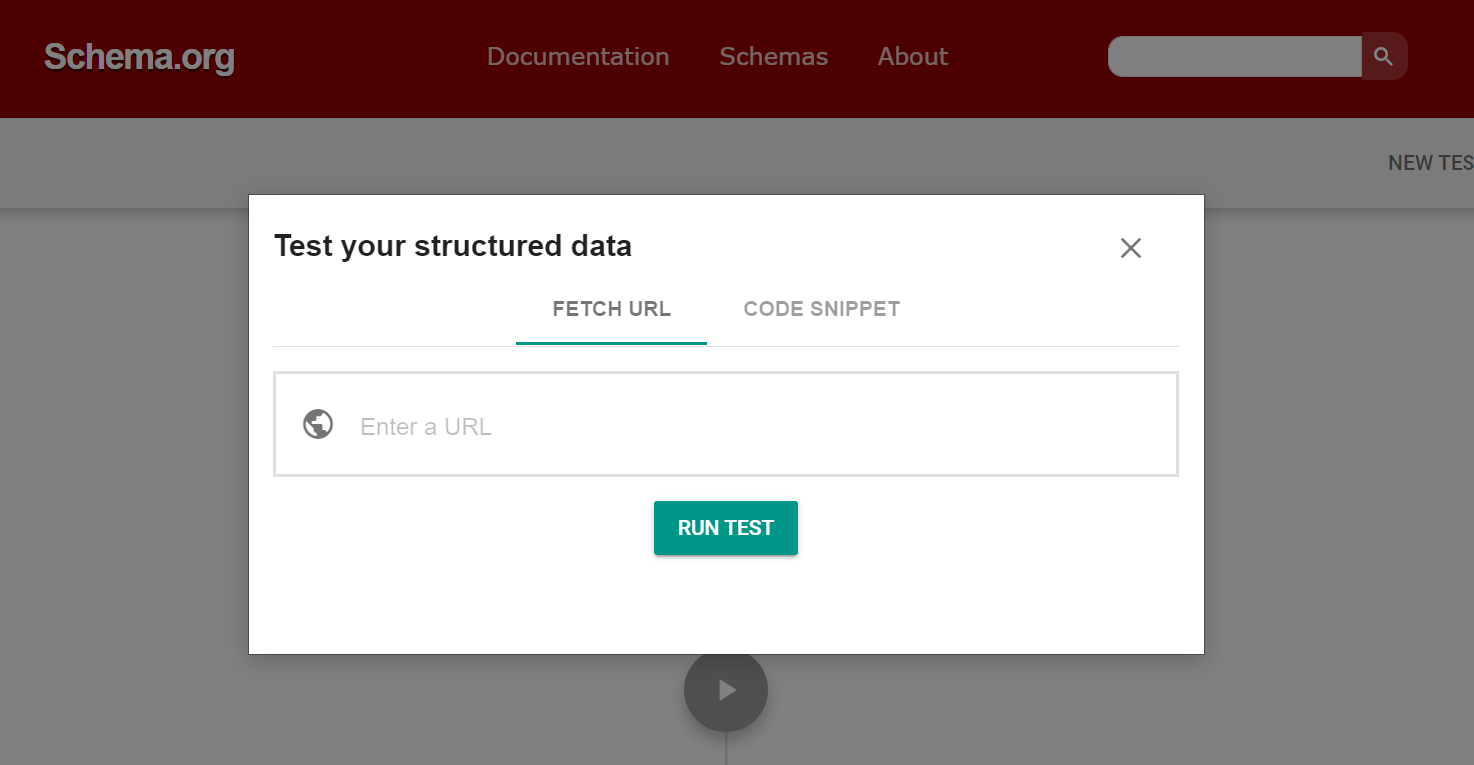Structured Data Definition: Top Structured Data Testing Tools
Structured data definition
What is structured data?
In its simplest form, structured data is information about your website that's encoded in a special way so that search engines can understand it and make it more easily accessible to users when they perform searches on Google, Bing, or Yahoo.
You may be wondering why you should bother using structured data at all and whether it really helps your search engine optimization (SEO).
This article will help answer those questions and more by introducing structured data and outlining some tools you can use for your website.
Structured data employs a specific vocabulary called schema that categorizes and labels elements on your webpage for search bots.
This schema makes it crystal clear what each element is and how it relates to your site and suggests the bot how to interpret it.
Basically, structured data tells bots, “This is an image,” “This is a place,” or “This is a recipe,”
Structured Data vs Unstructured Data
When it comes to SEO, there are two main types of data: structured and unstructured.
Structured data is specific and stored in a predefined format.
This type of data is easy for search engines to read and understand.
It has been predefined and formatted to a set structure before being placed in data storage.
In contrast, unstructured data is a conglomeration of many varied data types stored in their native formats.
It isn't organized in a specific way.
What does this mean?
That this type of data is more difficult for search engines to read and understand.
Unstructured data comes in various formats, including email, social media posts, presentations, chats, etc.
What this means is that structured data takes advantage of schema-on-write, and unstructured data employs schema-on-read.
Structured Data Is Not a Direct Ranking Signal
Google has said that structured data is not a direct ranking signal.
However, it can indirectly help your website rank higher in search results.
Structured data helps Google understand the content on your website.
This understanding can lead to improved visibility in search results.
If you have a well-structured website, it's easier for Google to show your website in search results. This can lead to increased traffic and, ultimately, higher rankings.
If you want to learn how to add structured data to your website, check out Google's Codelabs.

Also, keep in mind that structured data doesn't change how you appear in the SERPs.
Only Google can determine what your listing will look like—which can change daily with each new update.
So, think of it as more of a suggestion than a guarantee.
Tools to Implement and Test Structured Data
1. Google Rich Result Test
Google's Rich Results Test allows you to input your URL or code for testing to determine if Google can correctly detect specific types of rich experiences from your structured data.
These rich experiences are those Google search results with extra visuals or interactive features such as recipes, books, or movies.
This means that they get more search traffic.
2. Schema.org's Markup Validator
The Schema validator tests your website, identifying entities with errors and warnings.
It tells you precisely what you need to address.
You want to use on-page markup to help search engines understand what's on your web page so they can deliver richer search results.

If you don't know, Schema.org is an open, collaborative entity founded by Google, Yahoo, Microsoft, and Yandex to help create, maintain, and promote schemas for online structured data.
It continues to evolve to align with the industry.
3. Microsoft Bing Markup Validator
Microsoft Bing Markup Validator is one of many tools available from Microsoft Bing Webmaster Tools.
It is part of the URL Inspection Tool, and you can use this Validator to find markup errors within your structured data.
It also provides improvement suggestions.
You can access a host of tools here to help optimize your website to improve and maintain your search position in Bing.
Conclusion
To sum it up, what is structured data?
Structured data is a way to organize information on your website so that search engines can understand it better.
It is data that lives in a fixed field within a file. This can help your website rank higher in search results.
Within the SEO world, structured data is the markup that helps all search engines understand how to interpret and display the content.
The bottom line is that search engines have real incentives to push as many websites as possible to use structured data.
Why?
Because it helps them provide a better and richer search experience for all users.
That's why they've done what they can to make implementation as easy as possible.
It's up to you to stay competitive by auditing your own structured data strategy regularly!





